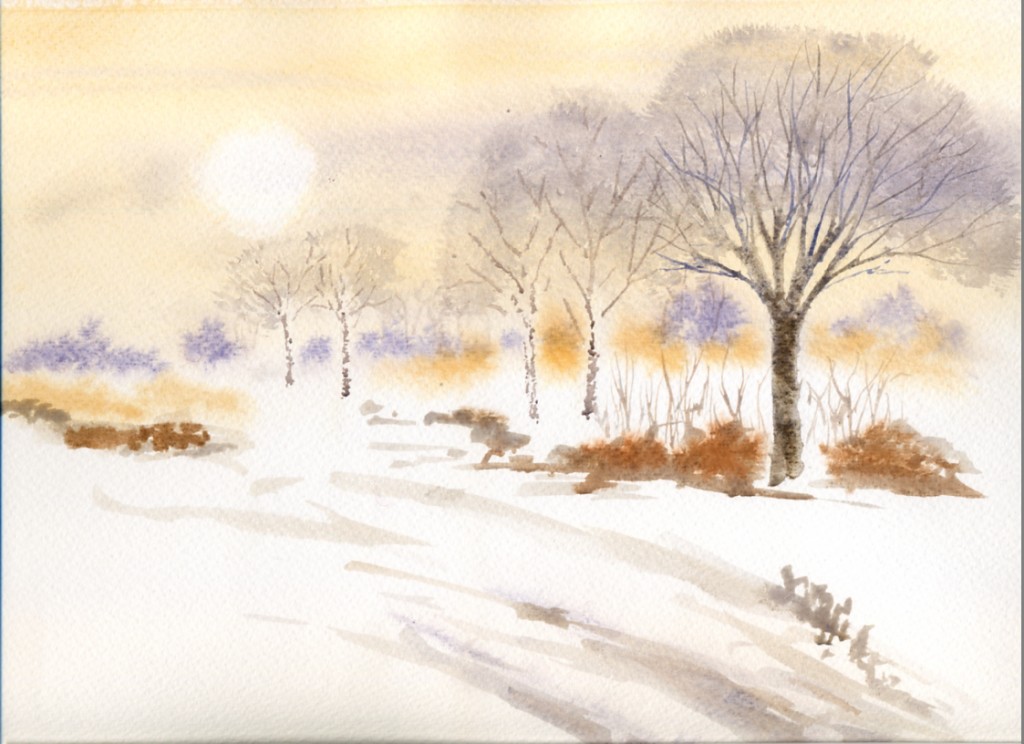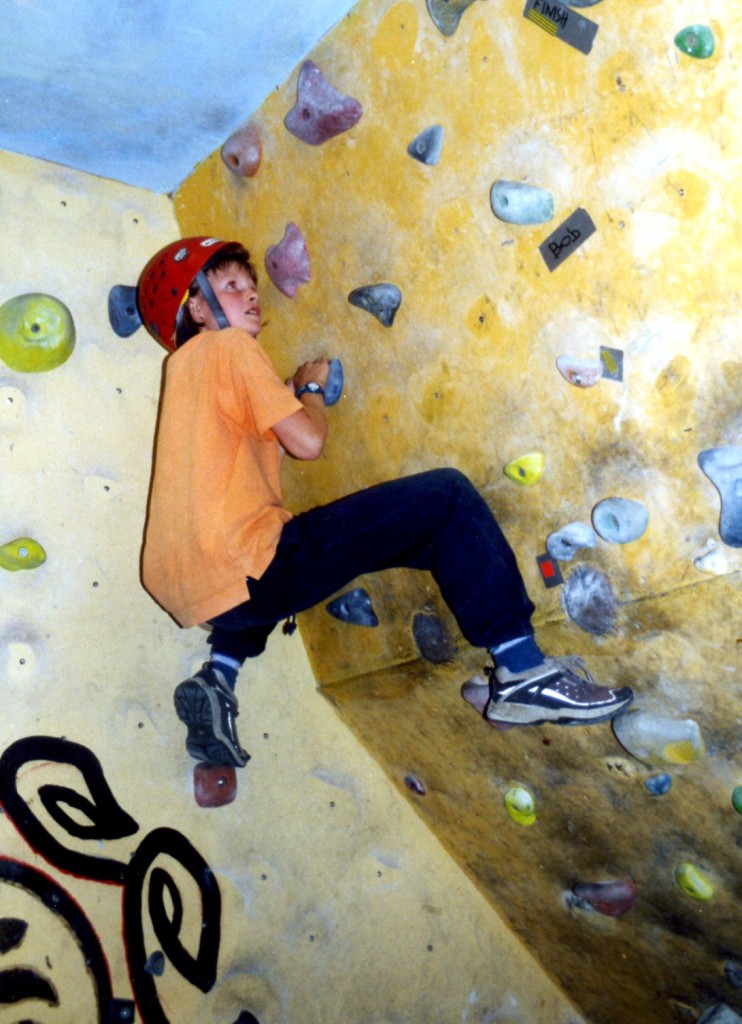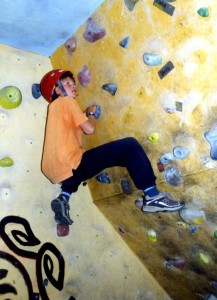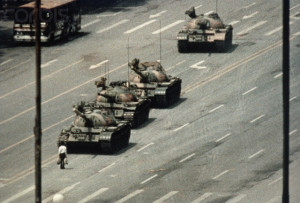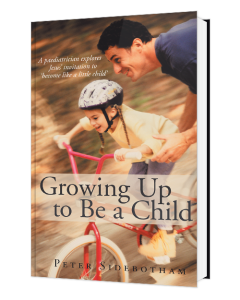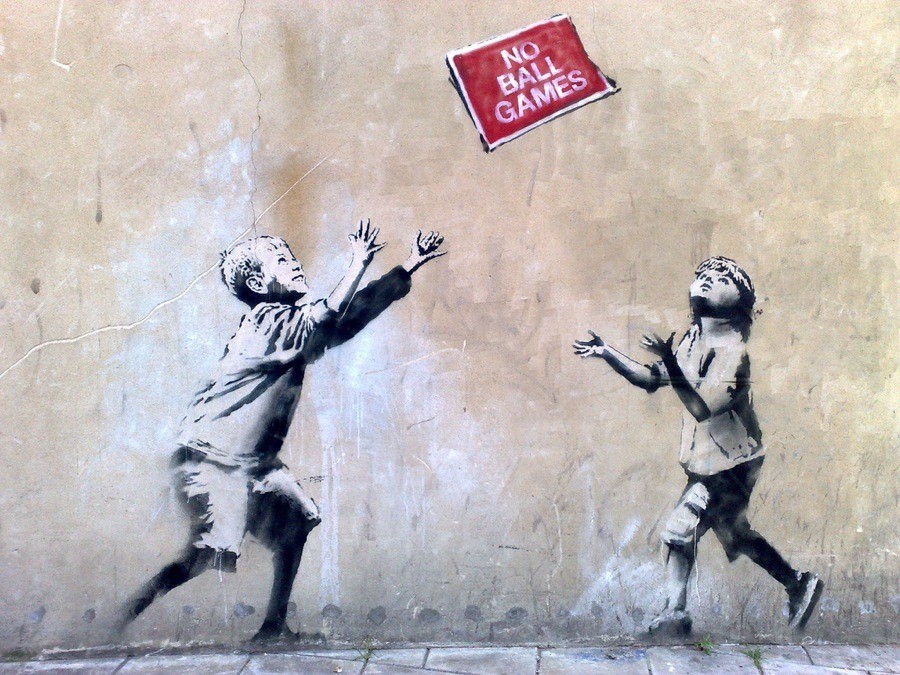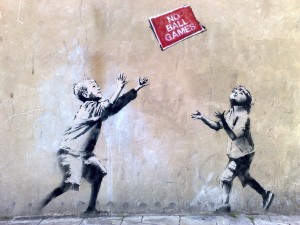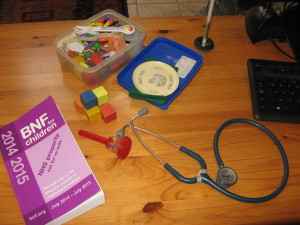Growing up to be a child is all about Jesus’ challenge to become like children. This challenge was linked to a purpose: to enter and live in God’s kingdom here and now.
While I believe we can be part of God’s kingdom right now, it is also clear to me that this kingdom of heaven has not yet been fully established. We are living in an in-between time, in which we may see aspects of God’s kingdom but we certainly don’t see it in all its fullness. Children continue to get abused; people continue to use violence to promote their causes; the rich get richer at the expense of those who are poor, vulnerable, and exploited; people continue to get sick, suffer, and die; and our world remains troubled and damaged.

